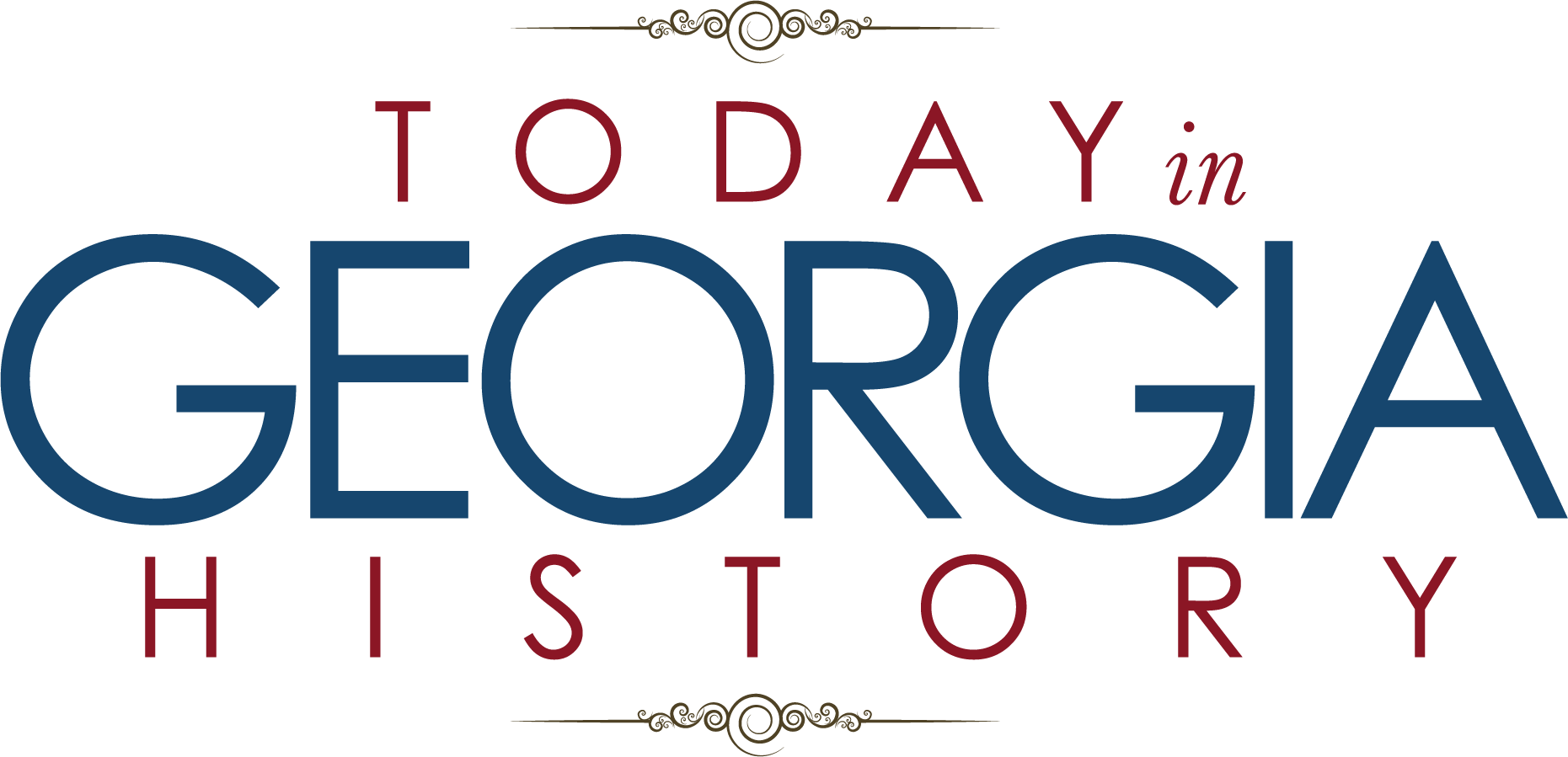Georgia’s history is made up of a thousand stories that shape us all.
Each day is a chance to discover, learn, and share amazing stories.
The US 250th Anniversary redistribution is sponsored by Georgia Power.
December 31, 1946
World War II and Georgia
World War II had a global impact and it transformed Georgia as well. Some 320,000 Georgians served in the U.S. Armed Forces during the war, and thousands of others, including historic numbers of women, served in wartime industries.
The war brought an infusion of federal dollars into Georgia. Every major Georgia city housed a military installation, thanks primarily to Congressman Carl Vinson and Senator Richard Russell. Fort Benning in Columbus was the largest infantry training school in the world; Robins Field in Macon employed 13,000 civilians; the University of Georgia’s Naval school trained 2,000 combat pilots, and Hunter Field in Savannah and Camp Gordon in Augusta trained enlisted men for battlefields. In Marietta, 28,000 Georgians worked at the Bell Bomber plant, while thousands of shipyard workers in Savannah and Brunswick built nearly 200 Liberty ships to transport men and supplies to the front.
World War II ended the Great Depression in Georgia, transformed the state’s economy, and accelerated urbanization and changes in race relations. Its impact was felt long after President Harry Truman declared an official end to World War II on December 31, 1946, Today in Georgia History.
Download Educational resources
Quick Fact





